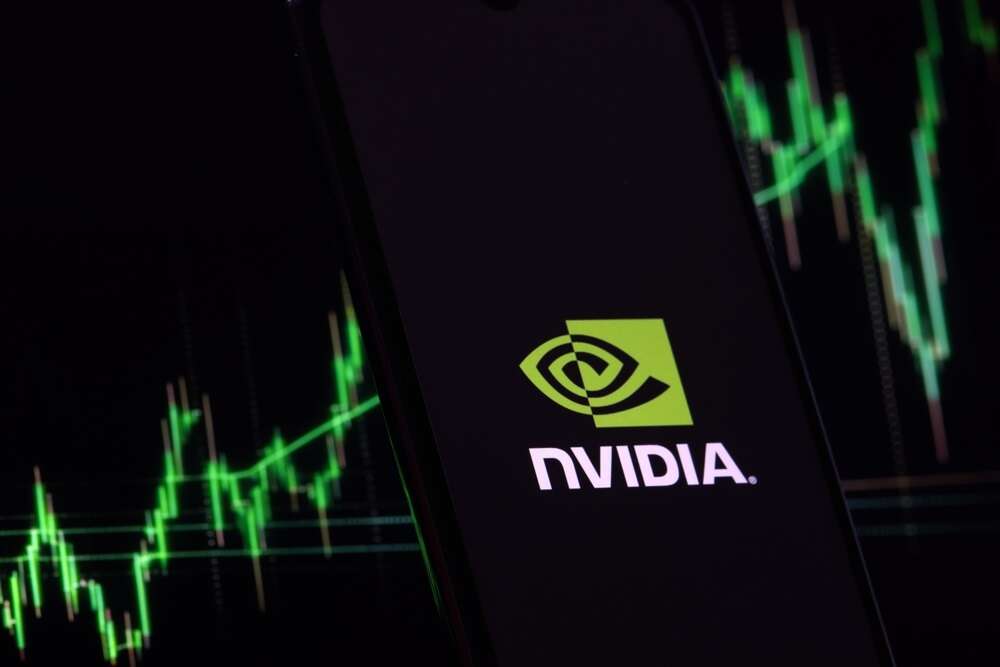
Nvidia has posted quarterly results above market expectations. Revenues for the first quarter ending 28 April were $26bn, rising 18% from the last quarter and 262% year-on-year. The chip giant also announced a stock split, which sent its share price rise by 5.9% in extended trading and leading to a stock market valuation of $140bn for the firm. Chief executive Jensen Huang attributed Nvidia’s revenue growth to an unprecedented interest in deploying the firm’s AI chips in data centres – a business that has grown 427% annually.
“AI will bring significant productivity gains to nearly every industry and help companies be more cost- and energy-efficient, while expanding revenue opportunities,” said Huang.
“Our data center growth was fueled by strong and accelerating demand for generative AI training and inference on the Hopper platform. Beyond cloud service providers, generative AI has expanded to consumer internet companies, and enterprise, sovereign AI, automotive and healthcare customers, creating multiple multibillion-dollar vertical markets.”

Nvidia Blackwell AI chips to ship this year
Nvidia will also pursue a ten-for-one forward stock split, which the company claimed would make “stock ownership more accessible to employees and investors.” Its quarterly cash dividend for common stock would also be increased by 150%, rising from $0.04 per share to $0.10. Nvidia’s forecasts for the second quarter of FY 2025 predict that revenues will be $28bn, with a 2% margin for error.
Looking ahead to this year, Huang confirmed on a conference call with industry analysts that shipments of Nvidia’s Blackwell AI chips will begin this quarter. The platform, he said in a separate statement, “is in full production and forms the foundation for trillion-parameter-scale generative AI.”
Other chip companies lifted by results
Nvidia’s results also follow news that its cuLitho computational lithography platform has gone into production at TSMC and Synopsys, with the latter raising its annual revenue and profit forecast yesterday. The Taiwanese chipmaker also issued a positive update to investors, predicting today that its annual revenue growth excluding the production of memory chips would top 10%, having previously predicted second-quarter sales rising by 30%. Shares in Broadcom and AMD also rose by about 2% following Nvidia’s announcement.
Despite Nvidia’s strong run of results, it remains to be seen if the company can continue to dominate the AI chip market over the next decade. Multiple hyperscale cloud providers, for example, are investing considerable resources in developing in-house chips tailored to their own platforms. Rivals Samsung and Intel – both of which possess manufacturing capabilities that Nvidia does not – also benefit from massive state subsidies. $19.5bn in aid for Intel from the US government was announced in March, while earlier today, South Korea announced a similarly-sized package for its chip companies, which include Samsung and memory chip manufacturer SK Hynix.
“As we all know, semiconductors are a field where all-out national warfare is underway,” said its president Yoon Suk Yeol. “Win or lose, that depends on who can make cutting-edge semiconductors first.”






